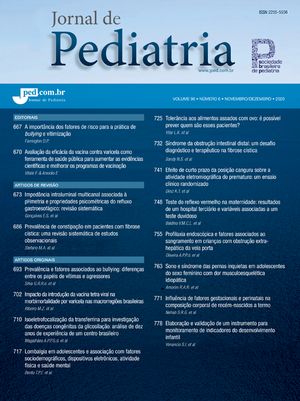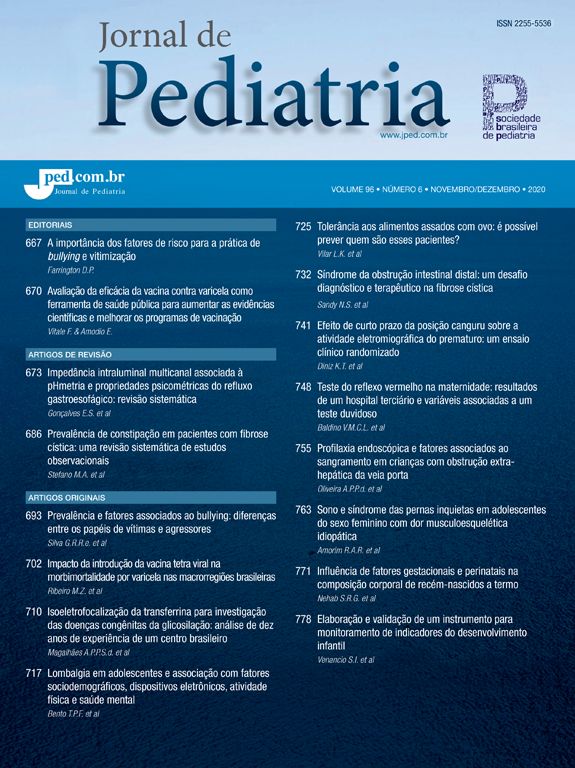
The objective of this review of genetic counseling (GC) is to describe the current concepts and philosophical and ethical principles accepted by the great majority of countries and recommended by the World Health Organization, the stages of the process, its results and the psychological impact that a genetic disease has on a family.
SourcesThe concepts presented are based on an historical synthesis of the literature on GC since the 1930s until today, and the articles cited represent the most important research published which today provides the foundation for the theory and practice of GC.
Summary of the findingsThe modern definition of GC is a process of communication that deals with the human problems related with the occurrence of a genetic disease in a family. It is of fundamental importance that health professionals are aware of the psychological aspects triggered by genetic diseases and the ways in which these can be managed. In the field of human and medical genetics we are still living in a phase in which technical and scientific aspects predominate, with little emphasis on the study of emotional reactions and people's processes of adaptation to these diseases, which leads to clients having a low level of understanding of the events that have taken place, with negative consequences for family life and for society.
ConclusionsThe review concludes by discussing the need to refer families with genetic diseases for GC and the need for professionals working in this area to invest more in humanizing care and developing non-directive psychological GC techniques.
Esta revisão sobre aconselhamento genético (AG) teve o objetivo de mostrar os conceitos atuais e os princípios filosóficos e éticos aceitos na grande maioria dos países e recomendados pela Organização Mundial da Saúde, as fases do processo, seus resultados e o impacto psicológico de uma doença genética em uma família.
Fontes dos dadosOs conceitos apresentados são baseados em uma síntese histórica da literatura sobre AG desde a década de 1930 até o momento atual, sendo que os artigos citados representam os principais trabalhos publicados e que hoje fundamentam a teoria e a prática do AG.
Síntese dos dadosO AG modernamente é definido como um processo de comunicação que trata dos problemas humanos relacionados à ocorrência de uma doença genética em uma família. É fundamental que os profissionais da saúde conheçam os aspectos psicológicos desencadeados pela doença genética e como estes aspectos podem ser manejados. Vivemos ainda na genética humana e médica uma fase de predomínio dos aspectos técnicos e científicos e de pouca ênfase no estudo das reações emocionais e dos processos de adaptação das pessoas a estas doenças, o que leva ao baixo entendimento dos clientes sobre os fatos ocorridos, com conseqüências negativas sobre a vida familiar e para a sociedade.
ConclusõesConclui-se pela necessidade de que as famílias com doenças genéticas sejam encaminhadas para AG e que os profissionais desta área invistam mais na humanização do atendimento, desenvolvendo mais as técnicas do AG psicológico não-diretivo.








